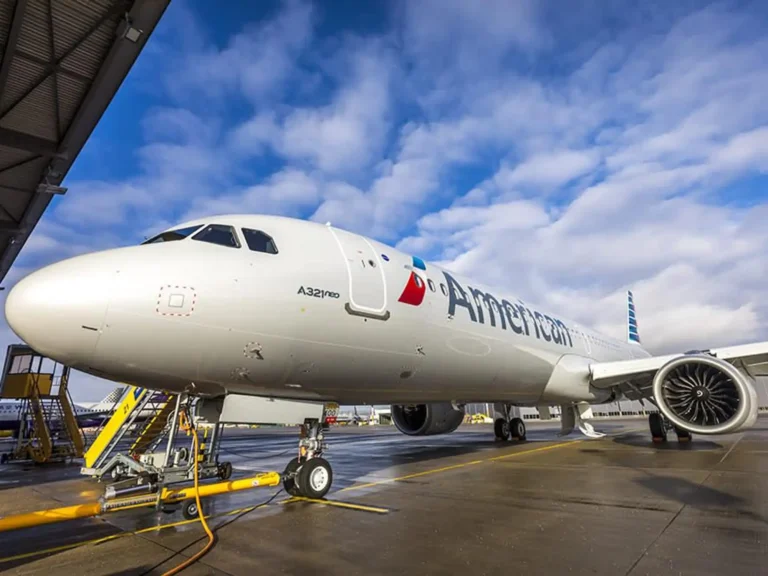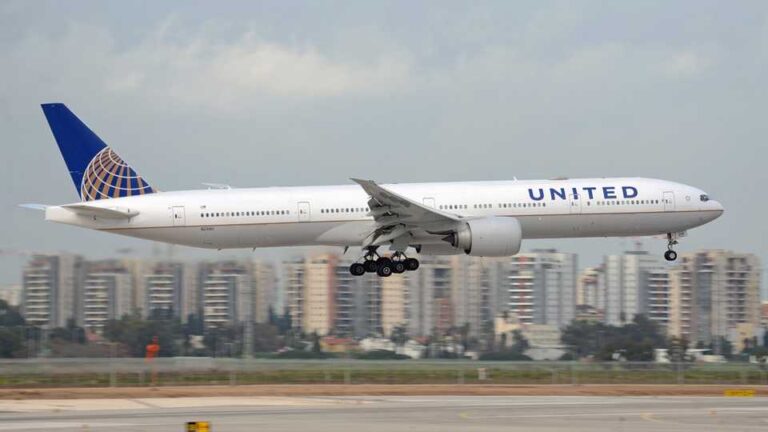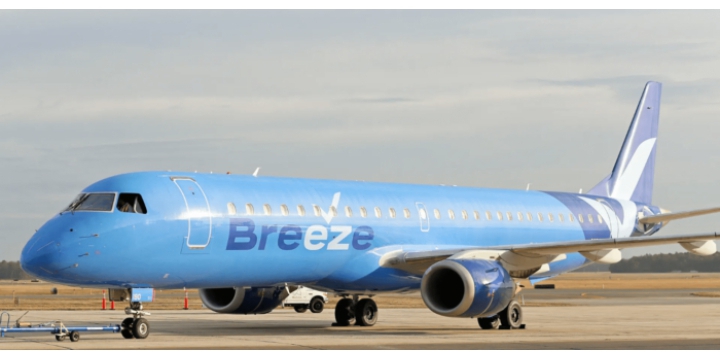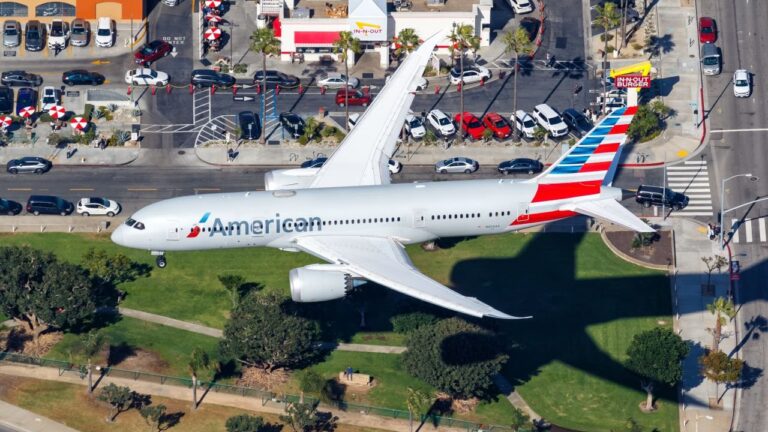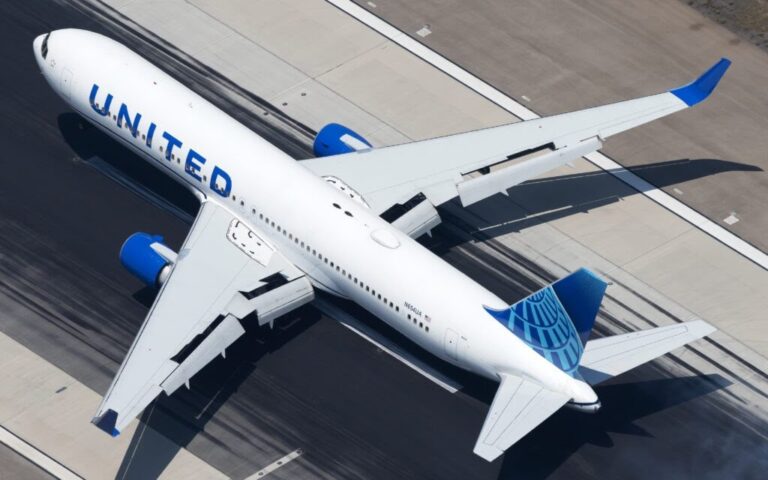**Turbulence on the Ground: United Airlines Faces Backlash After Passengers Are Denied Boarding Due to Overbooking
United Airlines has once again found itself at the center of controversy after a dramatic incident at one of its major hubs left passengers fuming. In an all-too-familiar scenario, several travelers were denied boarding on an overbooked flight, sparking a heated confrontation that quickly escalated both at the gate and online. The incident has reignited the debate over the practice of overbooking, a common but deeply unpopular airline tactic that often leaves passengers stranded and frustrated.
The scene unfolded at Chicago O’Hare International Airport, one of United’s busiest hubs. As passengers began to line up to board their flight, they were informed that the plane was overbooked and that some of them would not be able to board as scheduled. The announcement was met with disbelief and anger, as passengers who had booked their tickets well in advance suddenly found themselves without a seat.
United Airlines initially offered travel vouchers to volunteers willing to take a later flight, but when there were no takers, the situation became more tense. With the clock ticking down to the flight’s scheduled departure, the airline made the controversial decision to forcibly deny boarding to several passengers, selecting them based on a system that prioritizes frequent flyers and those with higher fare classes.
For the unlucky few who were chosen to be bumped, the experience was nothing short of a nightmare. One passenger, a father traveling with his young children, pleaded with the gate agents to allow his family to board, explaining that they had important plans at their destination. His pleas fell on deaf ears, and the family was left stranded, forced to watch as the plane took off without them. Other passengers, including an elderly couple and a business traveler with an urgent meeting, were similarly denied boarding, despite their protests.
The scene quickly became chaotic, with passengers shouting at gate agents, demanding answers, and questioning the fairness of the airline’s policies. Videos of the confrontation, captured by other travelers and quickly shared on social media, showed distraught passengers arguing with airline staff, while others expressed their frustration over the situation. The incident rapidly went viral, with #UnitedAirlinesFail trending on Twitter and outraged travelers around the world condemning the airline’s actions.
One particularly shocking video showed a United Airlines staff member seemingly indifferent to the plight of the affected passengers, brushing off their concerns with a terse explanation about the airline’s overbooking policy. The video drew widespread condemnation, with many calling it emblematic of the airline’s perceived lack of empathy and customer care.
United Airlines, no stranger to public relations disasters, was quick to issue a statement in the wake of the incident. The airline expressed regret for the inconvenience caused to the affected passengers and reiterated its commitment to improving the travel experience for all customers. However, the statement did little to quell the outrage, with many criticizing it as a boilerplate response that failed to address the root of the problem.
The incident has reignited the debate over the ethics and legality of overbooking, a practice that has long been a source of frustration for air travelers. Airlines commonly oversell seats on flights to account for no-shows, but when everyone shows up, it creates a logistical nightmare that often results in passengers being bumped from their flights. While the practice is legal and even encouraged by some industry experts as a way to maximize revenue, it’s deeply unpopular with travelers, who see it as a blatant disregard for their time and plans.
Critics argue that overbooking disproportionately affects the most vulnerable travelers, including families, the elderly, and those with urgent or important commitments. They also point out that the compensation offered by airlines—typically in the form of travel vouchers—often falls far short of the actual costs incurred by passengers who are forced to rearrange their plans at the last minute.
The incident at Chicago O’Hare has also raised questions about United Airlines’ broader customer service policies. In recent years, the airline has been involved in a number of high-profile controversies, including the infamous 2017 incident in which a passenger was forcibly removed from an overbooked flight, resulting in severe injuries and a massive public outcry. While United has made efforts to improve its image and policies since then, incidents like this latest one suggest that the airline still has a long way to go in regaining the trust of its customers.
For the passengers who were denied boarding, the ordeal didn’t end at the airport. Many were forced to scramble to find alternative flights, often at considerable expense and inconvenience. Some missed important events, including weddings, funerals, and business meetings, while others were left stranded overnight in a city far from their final destination. The financial and emotional toll of the incident was significant, and many passengers expressed a sense of betrayal and frustration with an airline they had trusted to get them to their destination on time.
The incident has also had a ripple effect on United’s reputation, with many travelers vowing to avoid the airline in the future. Social media was flooded with posts from customers sharing their own negative experiences with United, while others called for a boycott of the airline. Travel experts weighed in on the situation, offering advice on how to avoid getting bumped from an overbooked flight and urging airlines to reconsider their overbooking policies.
In response to the backlash, some industry analysts have suggested that airlines should explore alternative approaches to managing no-shows, such as offering more generous incentives for passengers to voluntarily give up their seats or improving their data analytics to better predict no-show rates. Others have called for stricter regulations to protect passengers’ rights and ensure that airlines are held accountable for the inconvenience and disruption caused by overbooking.
As the dust settles from this latest United Airlines controversy, one thing is clear: the airline industry is facing increasing pressure to improve its treatment of passengers and to rethink the practices that have led to so much frustration and anger. Whether United and other airlines will rise to the challenge remains to be seen, but for the passengers caught in the middle of this latest drama, the experience serves as a stark reminder of the often unpredictable and stressful nature of air travel.
In the meantime, travelers are left wondering if they can trust United Airlines to deliver on its promises of improved customer service and whether the airline’s latest apology will be backed up by meaningful action. As the industry continues to grapple with the challenges of balancing profitability with passenger satisfaction, one can only hope that incidents like this one will become less frequent—and that airlines will prioritize the needs and concerns of the people they serve.

